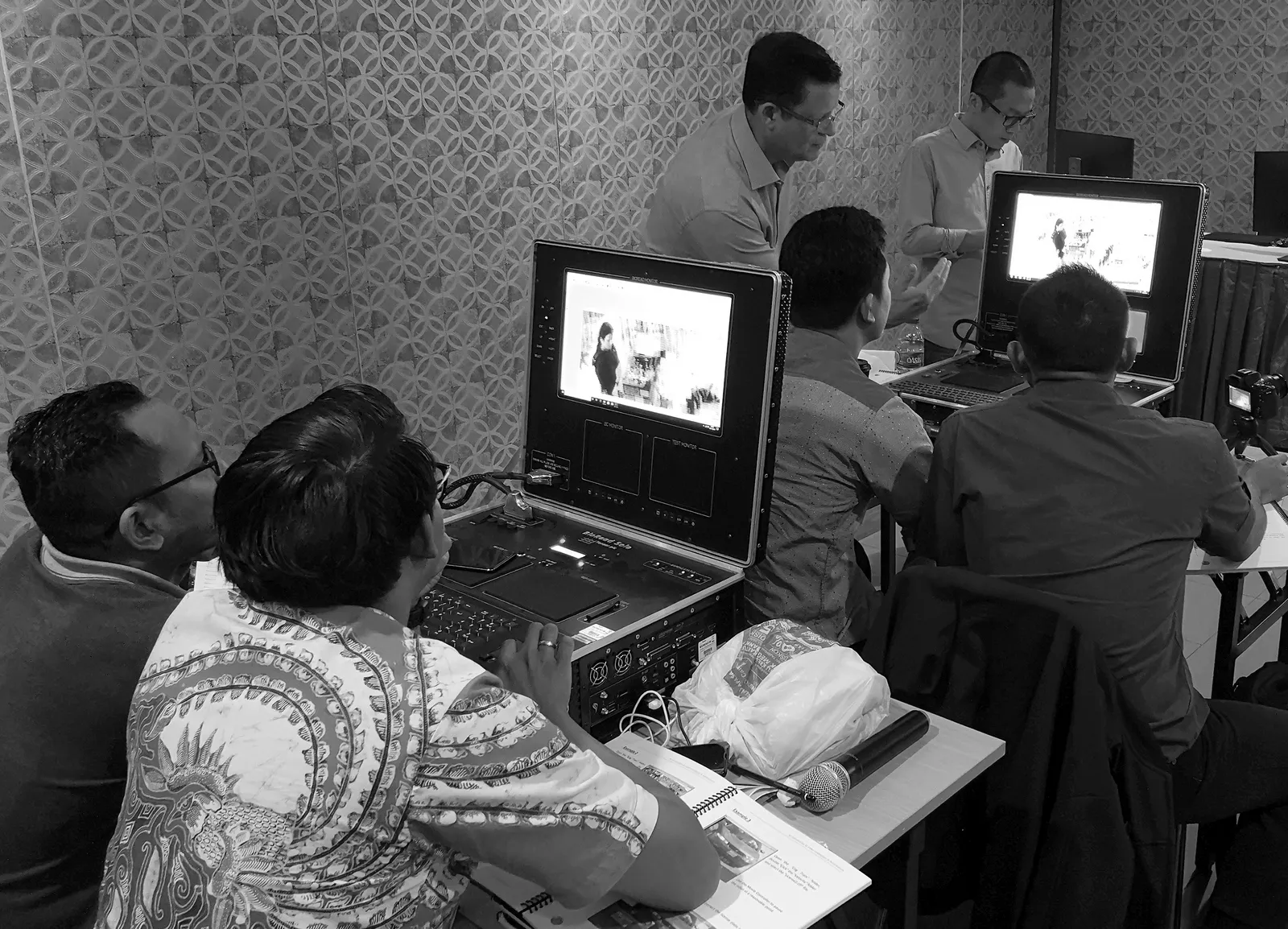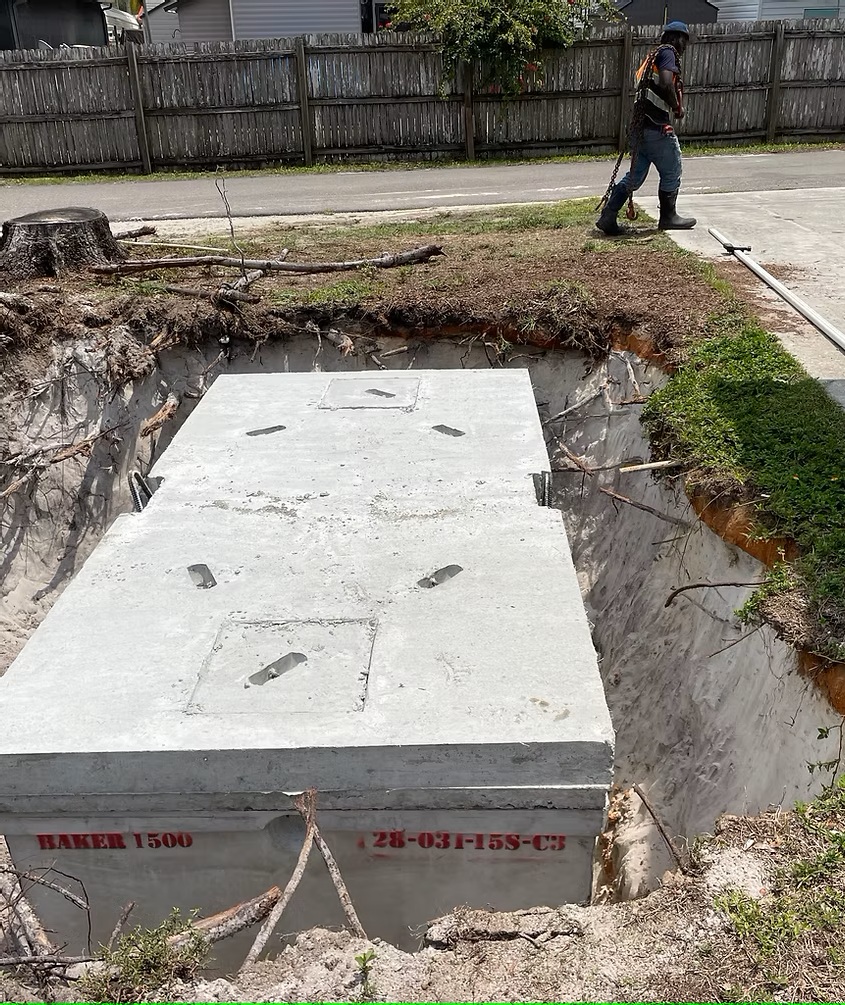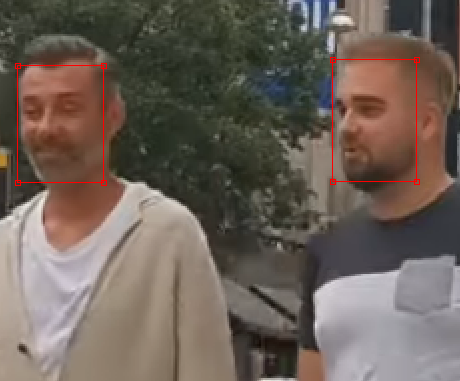Mastering Digital Forensics: Training, Tools, and Investigator Courses

Strong 8k brings an ultra-HD IPTV experience to your living room and your pocket.
In the digital age, crime leaves behind more than just physical evidence. Digital devices hold a wealth of information—emails, images, GPS data, and surveillance video—that can make or break a case. That's where digital forensic training comes in. Whether you're an aspiring analyst or a seasoned professional, learning how to handle digital evidence properly is critical. This blog explores the value of video training software, what to expect in a forensic investigator course, and how to build a strong foundation for a career in digital forensics.
The Importance of Digital Forensic Training
Why Digital Forensics Matters More Than Ever
As digital devices become more integrated into everyday life, they also become central to many investigations. Mobile phones, security cameras, cloud storage, and social media accounts are treasure troves of evidence. However, mishandling this data can render it inadmissible in court.
Digital forensic training equips investigators with the knowledge and technical skills to extract, analyze, and preserve this evidence correctly. It ensures that professionals understand the legal and ethical aspects of handling sensitive digital material while maintaining a defensible chain of custody.
What Digital Forensic Training Typically Covers
A quality forensic investigator course offers both theoretical knowledge and practical experience. Topics often include:
Data recovery and analysis
File system structures
Chain of custody documentation
Cybercrime and malware analysis
Surveillance video enhancement
Use of video training software and tools
Video Training Software in Forensic Education
Enhancing Learning Through Interactive Video Modules
Modern training goes beyond textbooks. Interactive video training software helps learners visualize complex forensic workflows, such as recovering data from encrypted devices or enhancing low-resolution security footage. These tools simulate real-life forensic scenarios, improving retention and decision-making under pressure.
Some platforms offer hands-on labs that mirror actual investigations, allowing trainees to gain proficiency in:
Frame-by-frame video analysis
Timestamp verification
Noise reduction and image stabilization
Report generation for legal proceedings
Benefits of Video-Based Learning for Forensic Professionals
Self-paced learning: Ideal for professionals juggling other responsibilities.
Repeatable modules: Reinforce learning through repetition and review.
Visual demonstration: Makes it easier to understand software interfaces and workflows.
Real-world case simulations: Help bridge the gap between training and fieldwork.
What to Expect from a Forensic Investigator Course
Curriculum Overview and Prerequisites
Whether online or in-person, a forensic investigator course typically begins with the fundamentals of digital forensics and progresses to advanced topics. Prerequisites may include basic IT knowledge, familiarity with Windows and Linux environments, or a background in law enforcement or cybersecurity.
Key Modules Include:
Introduction to digital forensics and ethics
Data acquisition techniques
Video forensics and multimedia evidence handling
Mobile device and cloud forensics
Expert witness testimony training
Who Should Enroll?
Law enforcement personnel
IT security professionals
Legal consultants
Private investigators
Corporate compliance officers
Conclusion
Digital forensics plays a critical role in uncovering hidden truths in today's data-driven investigations. Whether you're just starting or looking to enhance your skills, investing in digital forensic training supported by robust video training software can prepare you for a successful career. Enrolling in a structured forensic investigator course gives you the confidence and credibility to handle complex digital evidence and support legal outcomes with precision.
FAQs
Q1: Do I need an IT background to begin digital forensic training?
A basic understanding of computers is helpful, but many courses are designed for beginners with minimal technical knowledge.
Q2: Can I get certified through a forensic investigator course?
Yes, most reputable programs offer certificates that validate your training and may help advance your career.
Q3: Is video training software essential for digital forensic education?
While not mandatory, it enhances learning by offering interactive, practical experience in simulated environments.
Q4: Are there job opportunities after completing digital forensic training?
Yes. Roles include digital forensic analyst, cybersecurity consultant, forensic video analyst, and more.
Q5: How long does it take to complete a digital forensic course?
Courses vary—some take a few days, while more comprehensive certifications can last several months.
Note: IndiBlogHub features both user-submitted and editorial content. We do not verify third-party contributions. Read our Disclaimer and Privacy Policyfor details.







